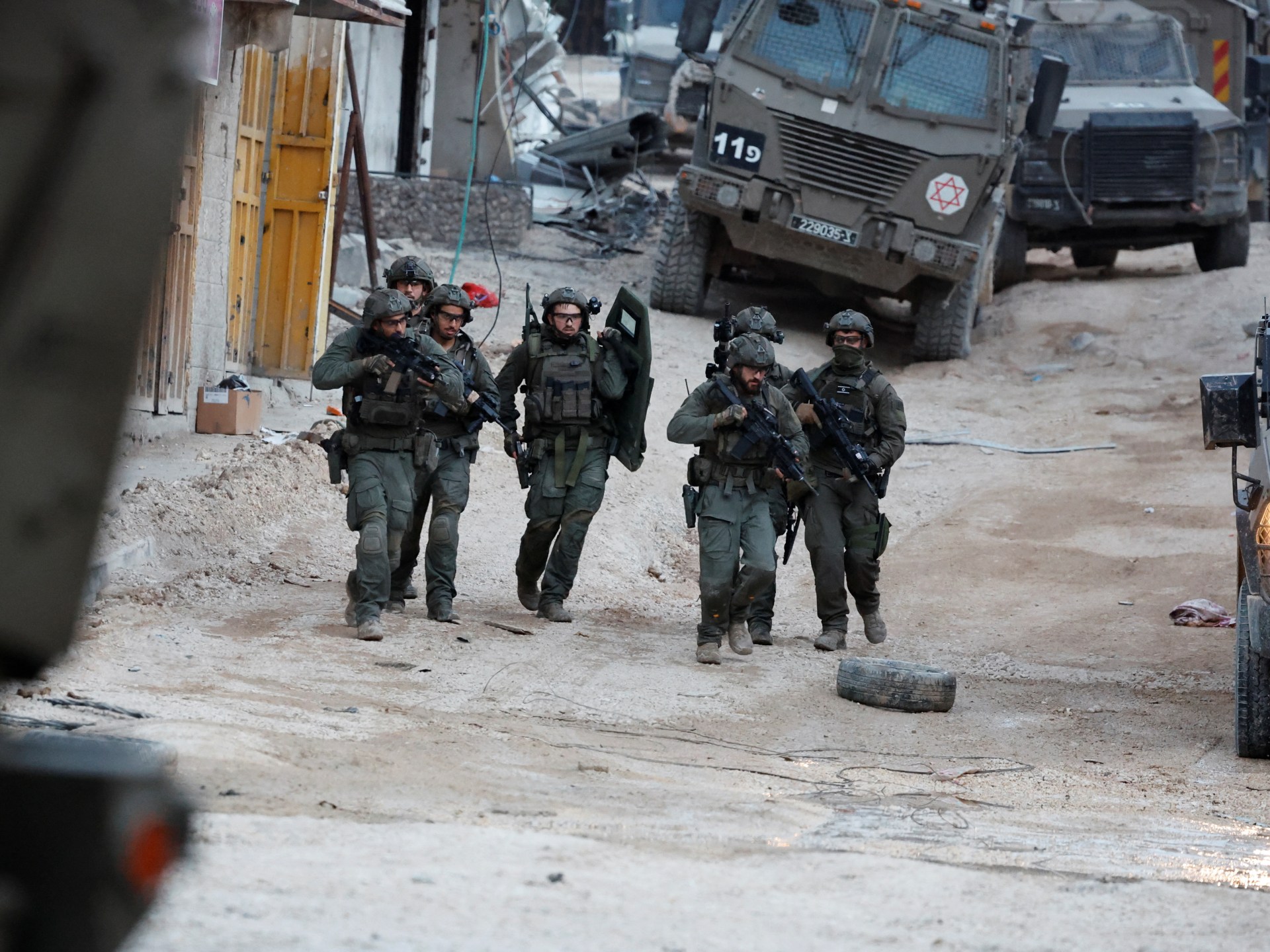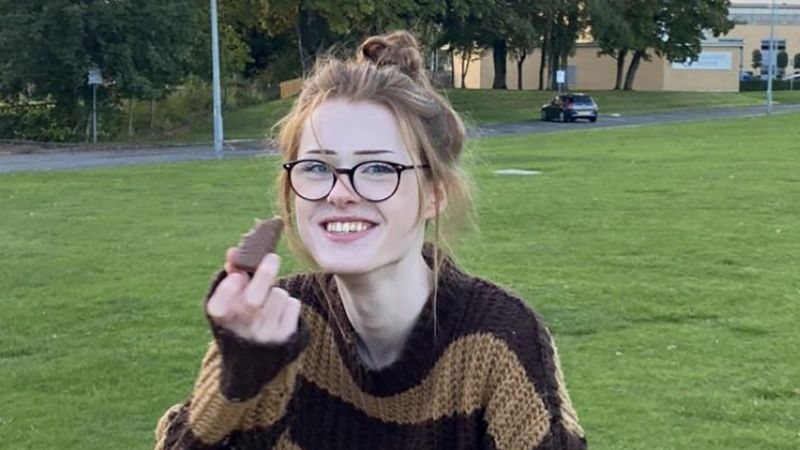US declares controversial Israeli battalion eligible for assistance
The United States has announced that Netzah Yehuda, a controversial Israeli battalion notorious among Palestinians for repressive activities in the occupied West Bank, is eligible for US military assistance.
The administration of President Joe Biden had considered blocking the battalion from receiving US assistance amid reports of involvement in human rights violations, but Department of State spokesperson Matthew Miller said on Friday that such abuses had been “effectively remediated”.
The Reuters news agency reported that Miller said in an email that the decision to confirm the battalion’s eligibility comes amid new information from Israel.
In 2022, soldiers from the unit handcuffed, blindfolded and gagged elderly US citizen Omar Assad and left him to die in a cold car park.
Under federal regulations known as the Leahy Law, the US is required to cut off assistance to military units involved in gross violations of human rights, but critics say that the US has long failed to apply the rule to Israel.
The law focuses on four categories of abuses in its definition of gross violations of human rights: extrajudicial killings, torture, rape as a weapon of war and enforced disappearances.
In a column for the legal forum Just Security, Charles Blaha, who directed the office of the State Department tasked with enforcing the Leahy Law from 2016 to 2023, said that today’s decision “appears directly contrary to the Leahy Law”.
“The decision strongly suggests that the US position is likely a result, in significant part, of pressure by Prime Minister Netanyahu. Months ago, when news broke that the State Department was considering Netzah Yehuda for ineligibility, Netanyahu expressed outrage and vowed to oppose application of the law,” the column reads.
“Against that backdrop, the Secretary’s decision sends a terrible message to Israel and others: that pressure on US officials works, and that Israel is essentially de facto exempt from US law.”
The fatal mistreatment of Assad, who was Palestinian American, sparked calls and formal requests to apply the Leahy Law to the Netzah Yehuda battalion.
The US called for accountability and a criminal investigation into the incident. However, Israel’s Military Advocate General announced in June 2023 that the soldiers would face disciplinary action but no criminal charges.
Four members of the battalion were also arrested in October 2021 for allegedly beating and sexually assaulting a Palestinian detainee, and one soldier was indicted over electrocuting a Palestinian detainee in 2015.
Israeli authorities stood firmly by the side of the battalion amid reports that the US was considering cutting them off from military support in April.
Israeli Defence Minister Yoav Gallant, who is the subject of a war crimes investigation by the International Criminal Court (ICC) himself, visited troops from the Netzah Yehuda battalion days after the news broke out.
“No one in the world can teach us about values and morals,” Gallant said at that time. “We are at the beginning of the war against seven armies and terrorist organisations. The security apparatus is behind you.”
Israeli soldiers who take part in attacks on Palestinians in the occupied West Bank rarely face prosecution, despite evidence of widespread rights violations. When Israeli settlers attack Palestinians, watchdog groups say soldiers often stand by or directly join the attacks themselves.
Rights groups, including the Israeli watchdog B’Tselem, say that trend has accelerated in recent years, with units in the occupied West Bank increasingly populated by far-right settlers.
Palestinians have long maintained that such cases are not isolated incidents committed by rogue soldiers, but part of a larger effort towards repression and denial of basic rights, carried out with the backing of the the Israeli government.
On Friday, US activist Amado Sison said he was shot by Israeli soldiers who opened fire on a Palestinian demonstration in the village of Beita in the occupied West Bank.
“We ran to the olive groves, through the olive groves, and they shot me in the back of the legs,” he told the AFP news agency from a hospital bed in Nablus.




